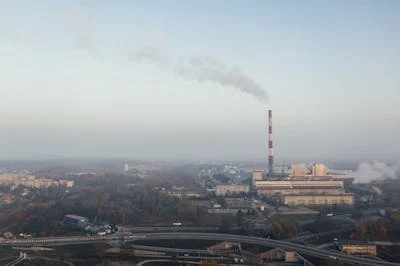Over the last few years, corporate sustainability initiatives have been changing to more broadly encompass environmental, social, and governance (ESG) reporting, and along with them are shifting priorities and commitments for how to accomplish ESG goals.
Accordingly, and in response to growing concerns around climate change and the impact extreme weather has on economies and societies of both emerging and developed countries, environmental initiatives are more focused than ever on the pursuit of net zero emissions.

Simply put, net zero means cutting greenhouse gas (GHG) emissions to as close to zero as possible, with any remaining emissions able to be re-absorbed from the atmosphere by land, oceans, and forests.
In 2022, research indicates that both the packaging industry and the automotive industry are among the top ten sectors reporting that ESG will be the biggest factor affecting their business in the next 12 months – and of that – net zero is a main focus.*
Over the last decade, the global automotive industry has increased development of new propulsion technology and fuel types with battery electric vehicles (BEV) and gasoline hybrids making big gains, especially over the last five years. And for the first time in global automotive history, in late 2021, BEV production outpaced light vehicle diesel.*
In the packaging sector, companies like Sealed Air have accelerated net zero commitments to deliver 2050 goals by 2040. And, while manufacturing of packaging materials will likely make up the majority of this effort, it’s also important to note that Sealed Air, like much of the automotive industry, will also make use of purchasing carbon offsets – which are credits generated by projects that are reducing carbon emissions elsewhere and available for sale on the open market.